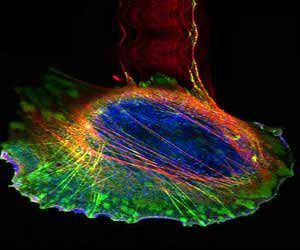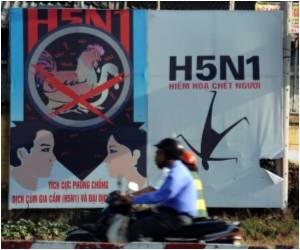Highlights:
- Feeding pigeons in urban areas can lead to the spread of harmful diseases and parasites carried by bird droppings
- Bird droppings can cause respiratory health problems such as hypersensitivity pneumonitis and lung fibrosis
- It is crucial to discourage the feeding of pigeons in urban areas and dispose of animal waste properly to minimize the risk of disease transmission
City dwellers often feed
pigeons as a way to connect with nature and experience a sense of companionship. They usually scatter breadcrumbs or seeds on the ground or offer them from their hands. However, feeding pigeons can be dangerous for both humans and birds. Bird droppings can carry various harmful diseases and parasites that can spread to humans. Moreover, feeding pigeons can lead to an overpopulation of these birds, causing damage to buildings and infrastructure and potentially spreading disease to other bird species. Therefore, it is crucial to discourage the feeding of pigeons in urban areas and to dispose of animal waste properly to minimize the risk of disease transmission.
‘Feeding pigeons in cities may seem like a harmless way to connect with nature, but it can be dangerous. Bird droppings carry diseases and parasites that can spread to humans, and feeding pigeons can lead to overpopulation and damage to buildings. #citylife #healthrisks’
Advertisement
Can Pigeon Droppings Cause Diseases in Humans?
Psittacosis is an infectious flu-like disease carried by sick birds such as pigeons to humans. The bacteria Chlamydia psittaci causes it. Though psittacosis appears to be a minor illness, it can lead to
pneumonia or a lung infection.
Advertisement
Bird Droppings Are Harmful for Respiratory Health
Bird Fancier's Lung, also known as bird breeder's lung, is a kind of hypersensitivity pneumonitis induced by antigens found in bird droppings. In this infection, the patient has flu-like symptoms such as shortness of breath or dyspnea, as well as a cough. Weight loss, anorexia, and significant weight loss are common in many patients. As the disease progresses, the lungs' efficiency decreases, eventually leading to pulmonary fibrosis. It can lead to respiratory failure in the long run.
Advertisement
2 Mumbai-Based Women Underwent Lung Transplants to Treat Environment-Related Lung Fibrosis
In January 2020, two women from Mumbai, aged 38 and 68, had lung transplants to treat chronic hypersensitivity pneumonitis, also known as environment-related
lung fibrosis. According to news sources, pigeon droppings were discovered in the common duct area of their building by pulmonologist Unmil Shah and others whom the patients attended throughout the years. One of the patients stated that her respiratory issues began after she relocated to her new residence.
Pigeon Droppings Carry Over 60 Diseases
Histoplasmosis and fungal infection are caused by pigeon droppings. Candidiasis, Cryptococcosis, a lung disease that later affects the central nervous system, St. Louis Encephalitis, an inflammation of the nerve system, Salmonellosis or food poisoning, and infections caused by E.Coli found in bird droppings. Newcastle disease, a highly contagious avian disease caused by a paramyxovirus, is also caused by bird droppings.
Metro Dwellers Love for Feeding Pigeons: Overlooking Health Hazards Associated with Bird Droppings
The metropolis' pigeons are well nourished. Metro inhabitants like feeding pigeons for a variety of reasons, including pleasing celestial bodies and simply having fun. This is also the ideal technique to maintain contact with nature for individuals who live in congested areas of large cities. Feeding birds at dawn and dusk is an essential element of city life.
While maintaining a minimal connection with nature is essential and should not be eliminated, people must accept the additional responsibility of discarding animal waste right now.
Source-Medindia












